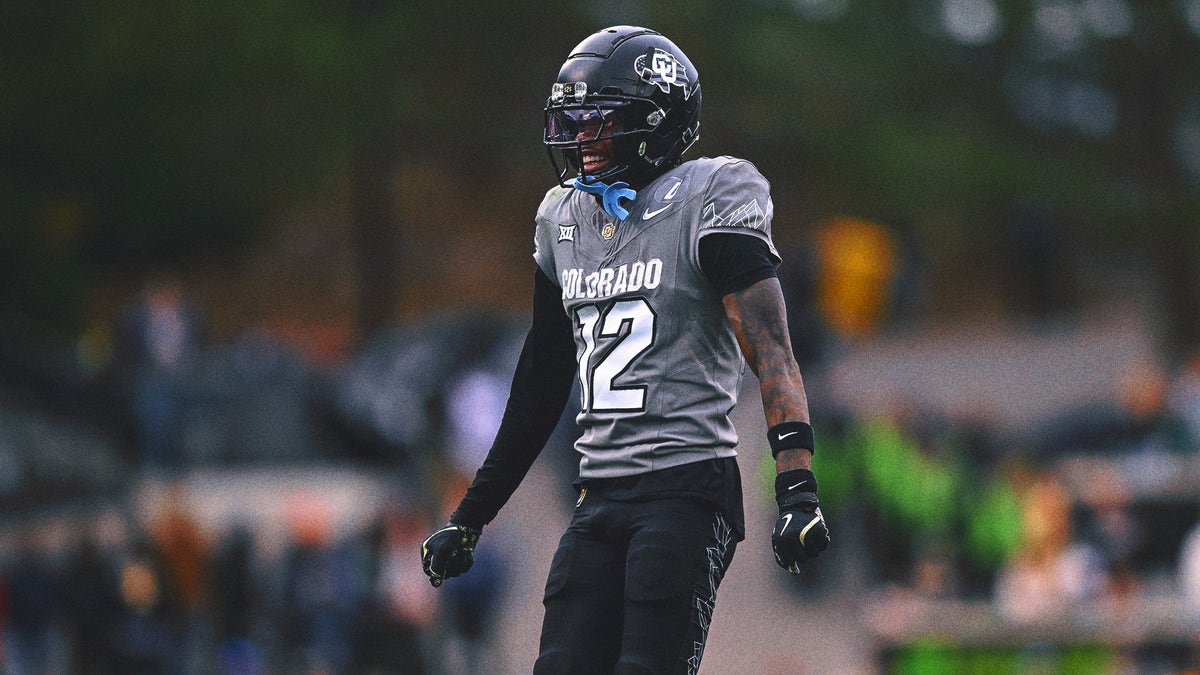College football placed a huge bet on supersize playoffs. It may already have won.
Ross Harried/NurPhoto via Getty Images
- College football used to have a regular season and some bowl games you may or may not have watched.
- Now college football has its own playoffs — and this year, it is supersizing them.
- Can Americans invest even more time watching football? It's a good bet.
Are you ready for some college football? A lot of college football?
Doesn't matter. If you live in America and you're going to be around a TV over the next few weeks, it's going to be hard not to see college football.
That's because this is the first year college football is running a supersize version of its playoffs, featuring 12 teams, up from four. That means there are going to be 11 games — from Friday to January 20 — that are going to get a lot of attention from a lot of people.
The commercial calculation here is straightforward: National playoffs draw national interest for what is often a regional sport. So more national playoff games equals more interest.
That's why Disney's ESPN is paying $1.3 billion a year for the (mostly) exclusive rights to the playoffs. (Disney, somewhat weirdly, has sublicensed a few of the playoff games to its frenemy Warner Bros. Discovery's TNT network.)
ESPN's customers think the playoffs will be popular, too. The network says it has added dozens of new advertisers to its playoff lineup and is boasting about big increases in revenue.
But even before the first snap of the first game, the bulked-up tournament seems like it has already been a hit by boosting the pre-playoff games. Nielsen says regular-season ratings for college football were up 6% this fall compared with 2023 — and up 11% for adults ages 18 to 34.
In a world where traditional TV shrinks every year — and even more so with young viewers — that's quite a bump. And it's exactly what the media industry was hoping for.
"There were more games, throughout more of the regular season, that were meaningful and impactful for the playoff race," says Amanda Gifford, who heads up college football production for ESPN. "Almost every weekend, there were games that had impact."
That boost wasn't just confined to games on ESPN. Mike Mulvihill, who heads up analytics and strategic planning for Fox Sports and Fox broadcast, says his team thought about playoff implications as it was planning which regular-season games it would broadcast this year.
Early in the season, when it wouldn't be clear which schools were likely to compete for a playoff slot, Fox leaned on brand-name matchups, like Alabama vs. Wisconsin. But later in the season, when Indiana became a surprising playoff contender, Fox was delighted to broadcast its game against Ohio State.
I've seen the effects of expanded playoffs play out in real life: A couple of weekends ago, I spent the night with a bunch of middle-age dudes who were toggling between multiple college games, none of which featured Notre Dame, where they had all graduated. But they cared deeply about what happened in games like Texas vs. Georgia because the results could affect where the Irish would end up in the playoff. (Notre Dame ended up matched up against Indiana for the playoff's opening game).
So, if college football is winning, who's losing?
In theory, these games could end up competing with pro football, whose end-of-season games and early-round playoff season overlap with the college tournament. But you'd have to be a very brave person to bet against the NFL — the one thing Americans will watch on TV no matter what.
A much safer wager: College football's playoffs will destroy any remaining interest in all of the also-ran bowl games, which have already been steadily downgraded by fans and networks — some of which don't bother to send announcing crews to the games.
So sorry, Myrtle Beach Bowl. You, too, GameAbove Sports Bowl. And I'm from Minnesota, but I'm still not going to watch the Golden Gophers play Virginia Tech in the Duke's Mayo Bowl. Who cares who wins any of those?
But on Saturday, in the first round of the playoffs, Penn State is playing Southern Methodist — a school I vaguely remember being kicked out of college football for paying players. Now it's essentially legal — and encouraged — and whoever wins gets into an even higher-stakes game 10 days later. Truth be told, I'm not a college football guy. But I'm in, anyway.
Correction: December 20, 2024 — An earlier version of this story misstated the matchup for the Duke's Mayo Bowl. Minnesota is set to play Virginia Tech, not West Virginia.
